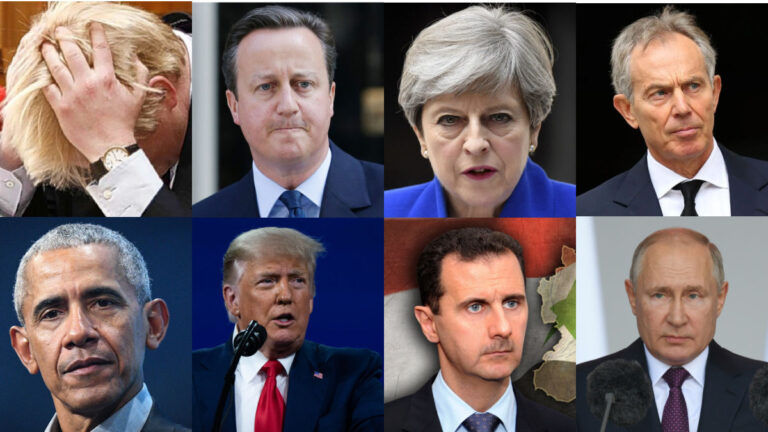constant Failure
Why Do People Trust Failed Systems?
Despite historical evidence of repeated failures, many people continue to vote for the same political parties year after year. This phenomenon raises questions about the nature of political loyalty and decision-making in democratic societies.
The Comfort of Familiarity
One reason for this behaviour is the psychological comfort that comes with familiarity. People tend to stick with what they know, even if it hasn’t always yielded positive results. Political parties become part of one’s identity, and changing allegiances can feel like a betrayal of one’s values and community.
Tribalism and Group Identity
Politics often operates on a tribal level. People align themselves with parties that represent their perceived in-group, whether based on class, ethnicity, or shared values. This sense of belonging can override rational assessments of a party’s track record.
The Power of Hope and Promises
Political parties are adept at selling hope and making promises. Voters may believe that this time, things will be different. The allure of potential positive change can be more powerful than the memory of past disappointments.
Limited Alternatives
In many political systems, voters feel they have limited viable options. The fear of the “other side” winning can drive people to support a party they see as the lesser of two evils, perpetuating a cycle of settling for suboptimal choices.
Media Influence and Information Bubbles
The media plays a significant role in shaping political narratives. People often consume information that confirms their existing beliefs, creating echo chambers that reinforce party loyalty and downplay past failures.
Cognitive discord and Selective Memory
Humans have a remarkable ability to rationalise and selectively remember information. Voters may focus on the positive aspects of their chosen party’s history while minimising or explaining away failures.
Understanding these factors can help us comprehend the complex relationship between voters and political parties. It also highlights the need for critical thinking and a willingness to reassess our political allegiances based on evidence rather than emotion or habit.
The Dream of a World Without War
People everywhere have long dreamed of a world without war. It is a dream that remains unfulfilled. When will people start to realise that human rulers are just not capable of and will never succeed in governing our world – because they all ultimately fail. Does this mean that a world government is impossible?







